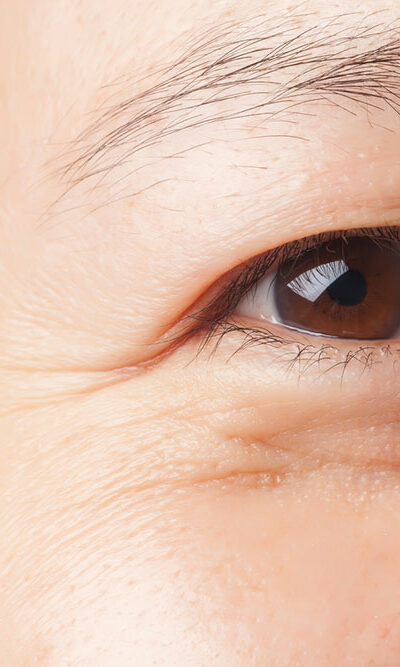
Symptoms, Precautions and Treatment for Stage 3 Kidney Disease
The number of kidney patients has increased by the time because of various lifestyle issues. In chronic kidney diseases, the organ cannot function the way it is naturally supposed to. It is neither considered as kidney failure nor fully functional. A moderate problem occurs in the glomerular filtration rate known as GFR, which leads to the stage 3 kidney disease. However, at this particular stage, the necessity to transplant a kidney or undergo dialysis treatment is not operational. It is better to detect as early as possible so that medication and proper diet control can prevent the disease to increase further. How is stage 3 kidney disease diagnosed? When a patient starts complaining about urination, pain in legs, and pain in the kidney areas and finds difficult to do regular household jobs, then one must go for a blood test on doctor’s recommendation. A perceptive analysis executed for kidney function, i.e., GFR. There are specific measures used for the particular test such as- age, race, sex, serum, and creatinine. A blood test is utilized to determine the creatinine and serum levels in the body. The kidneys do not function properly when the creatinine levels are higher than expected and a waste of the body such as fluid can’t be removed easily. Hence, the stage 3 kidney disease is divided into two segments- Stage 3 A The range of GFR is 45-59mL/min (moderate chronic kidney disease) Stage 3 B The range of GFR is 30-44mL/min (mild chronic kidney disease) What are the primary symptoms? People suffering through stage 3 kidney disease may get alarmed with specific symptoms. Some significant warning signs listed below- Excessive fluid retention The loss of protein is higher through urine, and that is the reason why kidneys can’t determine the amount of fluid that should retain. This malfunction of kidney results in fluid retention.










